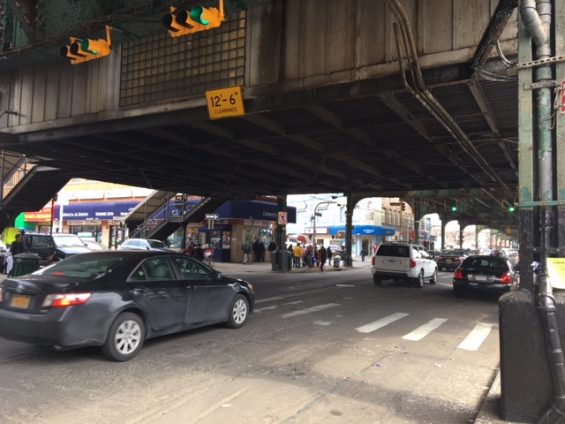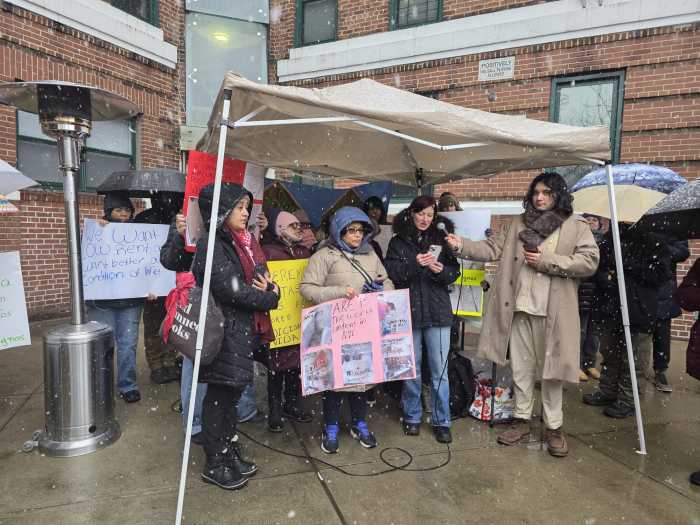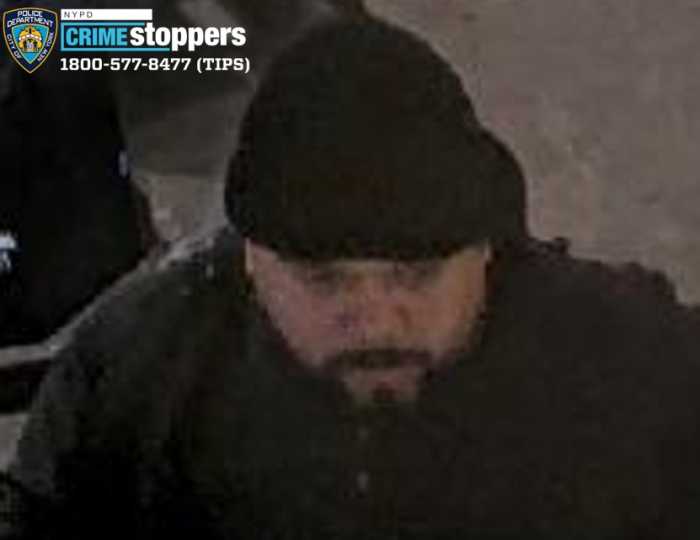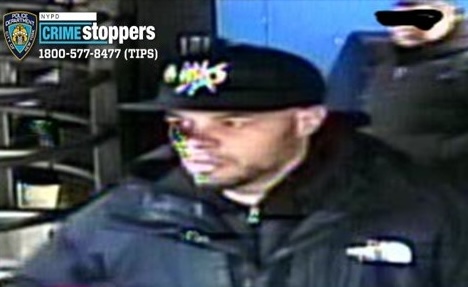
Roosevelt/90th Street (file photo)
Aug. 13, 2018 By Tara Law
The controversial Clear Curbs program, which limits the hours vehicles can park on Roosevelt Avenue, will be “paused” by the end of the week, a City Hall spokesperson confirmed Monday.
The Department of Transportation will halt the six-month pilot program, which was implemented in March and was expected to last for another five weeks.
The project aimed to reduce congestion along the avenue by banning deliveries and traffic between Broadway and 90th Street from 7 a.m. to 10 a.m. and 4 p.m. to 7 p.m.
The project was quickly panned by local business owners, politicians and residents, who claimed that the restrictions made it very difficult for cars to access businesses and for trucks to make deliveries.
A spokesperson for City Hall said that the program is not moving forward “as of right now.” He did not comment about the likelihood that the program would be brought back in the future.
“We’ve worked closely with communities on the ground, and we will adjust the Clear Curbs pilot moving forward while continuing to explore other ways to address congestion on our streets,” the spokesperson wrote in a statement.
Meanwhile, local politicians said that they were pleased that the program had been, in Councilmember Francisco Moya’s words, “effectively terminate[d].” He described the suspension of the pilot as a “relief” for small business owners and residents in the area.
“This program was instituted to drive down traffic congestion along Roosevelt Avenue in Queens and other major thoroughfares in Midtown and Brooklyn, but in practice, it left small businesses decimated and put nearby residents at risk as delivery trucks–pushed off the main roads–flooded into residential side streets,” Moya said.
Leslie Ramos, executive director of the 82nd Street Partnership representing business interests in the area, said that she looked forward to working with the city to reinvigorate the business corridor.
“The last few months have been extremely difficult for the many small businesses that operate along Roosevelt Avenue and adjacent streets,” Ramos said.
Members of Ramos’s Partnership had created their own group in response to the impact of the Clear Curbs initiative. The organization, Roosevelt Avenue Business Coalition, mobilized a coordinated effort to protest the program.
Many business owners claimed that they were caught completely off guard by the DOT’s program, saying that they were not notified.
This prompted a pair of councilmembers, Mark Gjonaj and Lauri Cumbo, to introduce a bill requiring greater notification when such programs are put in place. The Protect NYC Jobs and Businesses Act would require city agencies to notify community boards, business improvement districts and councilmembers about significant street projects well ahead of time.
Cumbo and Gjonaj said that they were pleased that the program is ending, but added that the passage of their bill could avert a similar problem in the future.
Cumbo insisted that City Hall must listen more closely to the communities that are directly affected by projects.
“While working to ease congestion on city streets and roadways should be a priority, the administration must stop this ‘City Hall knows best’ approach and seek to bring all stakeholders to the table to find a solution that doesn’t disproportionately impact the residents and business owners that depend on strong and vibrant communities,” said Cumbo.


































